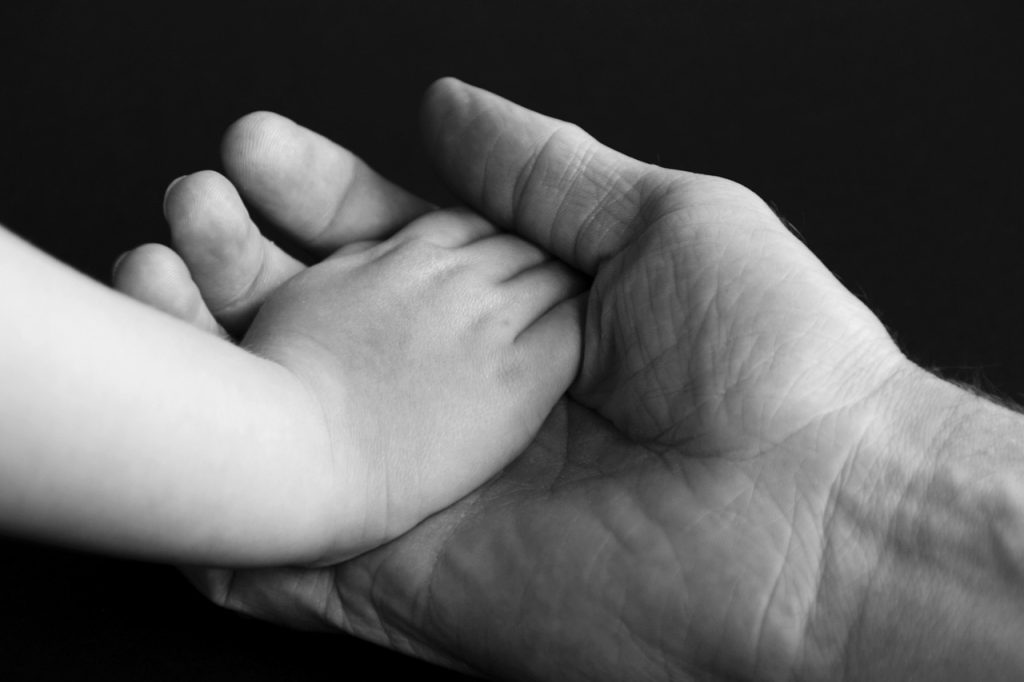Teaching Responsibility to your Child: Important ways to Teach Responsibility

Importance of Teaching Responsibility
In today’s fast-paced world, teaching responsibility to your child is becoming more and more difficult. Lots of reasons are responsible for children to ignore consequences, which can significantly impact their development into capable and accountable adults, impacting their social life as well as their financial endeavors. This article delves into the importance of instilling responsibility from a young age and provides practical guidance for parents who although are responsible and capable, are still concerned and want the best for their children. By exploring effective strategies and offering actionable advice, this guide aims to give parents the tools needed for Teaching Responsibility to your child. From setting clear expectations to fostering independence and Discipline, these insights aim to support families in raising individuals who can confidently navigate life’s challenges, and to also help our children build friendships and relationships.
Age Appropriate Responsibilities
Teaching responsibility to your child early is particularly crucial as children retain build more and more life-long habits when they are young. During these formative years, their brains are highly receptive to new concepts, Childhood is the time our base personalities are formed. By introducing responsibility at a young age, parents can help their children internalize these values and behaviors, making it easier for them to carry these lessons into adulthood.
Assigning age-appropriate responsibilities is key to teaching children how to be accountable and independent. By tailoring tasks to their developmental stage, you can ensure that responsibilities are manageable and meaningful helping them learn just a little bit what its like to be their parents.
For toddlers and preschoolers, simple tasks like picking up toys, putting clothes in the hamper, or helping to set the table can introduce the concept of responsibility. These activities not only teach them about taking care of their belongings but also about contributing to the household.
As children enter middle childhood, responsibilities can be expanded to include tasks such as making their beds, completing homework, helping with meal preparation, and taking care of pets. These responsibilities foster a sense of independence and teach them about the importance of fulfilling commitments.
By gradually increasing the complexity and significance of responsibilities as children mature, parents can help them develop a strong work ethic, problem-solving skills, and a sense of accountability. This ensures that children are well-prepared for the various demands and challenges of adulthood.
Strategies For Teaching Responsibility
Teaching responsibility to children involves more than just assigning tasks; it requires consistent effort, guidance, and reinforcement. Here are some effective strategies to help instill this vital life skill in your children:
Model Responsible Behavior: Children learn by observing the adults around them. Demonstrate responsibility and your kids will admire that in you and want to mimic you, Parents should show things such as fostering fulfilling commitments and kids will want to make and care about their friends, managing time effectively will make kids want to get to school on time and care about turning in homework, and taking care of your belongings will make them gain a respect for valuable and hard to get things like money and homes. When children see their parents consistently behaving responsibly, they are more likely to also pass those behaviors to other like their friends and children.
Set Clear Expectations: Clearly communicate what responsibilities are expected of your children and why they are important, This is crucial as in order to be responsible children should choose to be responsible and know what it means as if obey and do what you say they won’t know what it truly means to be responsible and instead will only obey authority blindly. Establishing clear guidelines helps children understand their roles and the significance of their contributions. Make sure the expectations are age-appropriate and adjust them as your children grow.
Provide Consistent Routines: Establishing routines can help children develop a sense of responsibility. Consistent daily or weekly tasks, such as doing homework, household chores, or taking care of pets, create a structured environment where children can practice responsibility regularly.
Encourage Decision-Making: Allow children to make decisions and experience the consequences of their choices. This helps them understand the importance of taking responsibility for their actions, allowing them to learn and grow will help them when the world throws them into an even deeper hole. Understanding how to respond to problems is just as important as solving the problem. Start with small decisions, like choosing their outfits or planning a family activity, and gradually increase the complexity as they grow older.
Use Positive and Negative Reinforcement: Recognize and praise responsible behavior to encourage its repetition. Positive reinforcement can be verbal praise, a reward system, or extra privileges. Celebrating successes, no matter how small, helps children feel valued and motivated to continue being responsible. Although Positive reinforcement is important it is also prudent to use negative reinforcement and punishments if they misbehave although you don’t want to be too harsh it is important that they don’t get spoiled due to the unrelenting rewards and punishments help kids develop a sense of empathy and understanding of other peoples situations, understanding pain and hard times is an important part of being a responsible adult.
Teach Problem-Solving Skills: Equip children with the tools to solve problems independently. Guide them through the process of identifying a problem, brainstorming possible solutions, and evaluating the outcomes. This not only teaches responsibility but also enhances critical thinking and resilience. Parents musn’t just give them the answer as they will come to expect other people to solve their problems for them and that isn’t very responsible is it?
Assign Meaningful Tasks: Ensure that the responsibilities given to children are meaningful and relevant to their lives. Tasks that contribute to the household or community, such as helping with groceries, caring for younger siblings, or participating in community service, help children see the impact of their actions. This helps children care about the right things, instead of misunderstanding the degree of importance things possess.
Be Patient and Supportive: Learning responsibility is a gradual process like learning anything in life that involves trial and error. Be patient and supportive, offering guidance and encouragement along the way. Understand that mistakes are part of the learning process and provide constructive feedback to help children improve. When feedback isn’t constructive is when it becomes toxic, when a child doesn’t know how to do better the adult is then at fault.
Lead by Example: Show children how to be responsible by sharing your experiences and challenges. Discuss how you handle responsibilities and the strategies you use to stay organized and accountable. Personal stories can make the concept of responsibility more relatable and tangible for children.
By implementing these strategies, parents can effectively teach their children the value of responsibility, helping them grow into dependable and capable adults who go on to have kids of their own and pass on these invaluable lessons to your grandchildren. Consistent effort and positive reinforcement will foster a sense of accountability and independence, preparing children to navigate the complexities of life with confidence and freedom.




